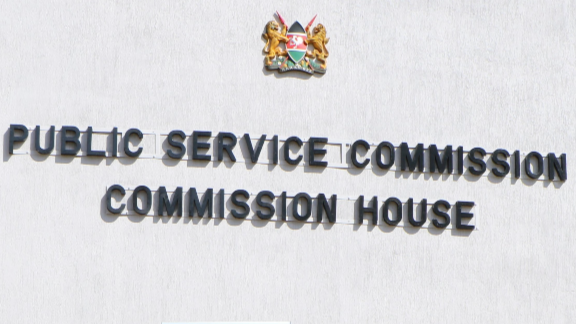Social media sites will have to reformulate their algorithms so harmful content is not recommended to children, the UK media regulator says.
Ofcom says failure to comply with its draft Children’s Safety Codes of Practice could see sites banned for those under the age of 18.
But the proposals have been criticized as “insufficient” by the parents of teenagers Molly Russell and Brianna Ghey, whose deaths involved exposure to harmful online material.
In a letter to Prime Minister Rishi Sunak they say they have been “disappointed” by Ofcom’s “lack of ambition”.
Most of the tech companies contacted by the BBC have declined to respond to the draft measures.
It is Ofcom’s job to enforce new, stricter rules following the introduction of the Online Safety Act – these codes set out what tech firms must do to comply with that law.
The boss of Ofcom, Dame Melanie Dawes, gave more details of what the body calls a “step change” in regulation in a BBC interview, also involving Mr Russell and Ms Ghey, who now campaign on online safety.
In future, Dame Melanie said any companies that broke the codes would be “named and shamed”, and she raised the prospect of “firmer measures” – including raising the minimum age for social media apps to 18.
Ofcom says there are more than 40 “practical measures” in its codes.
The centerpiece is the requirement around algorithms, which are used to decide what is shown in people’s social media feeds.
Ofcom says tech firms will need to configure their algorithms to filter out the most harmful content from children’s feeds, and reduce the visibility and prominence of other harmful content.
Other proposed measures include forcing companies to perform more rigorous age checks if they show harmful content, and making them implement stronger content moderation, including a so-called “safe search” function on search engines.
According to Ofcom’s timeline, these new measures will come into force in the second half of 2025.
“We want children to enjoy life online,” said Dame Melanie.
“But, for too long, their experiences have been blighted by seriously harmful content which they can’t avoid or control.”
Both Mr Russell and Ms Ghey are part of a group of bereaved parents who have signed an open letter to Mr Sunak and leader of the opposition Sir Keir Starmer.
In it, they implore the politicians to do more for the online safety of children – including making “a commitment to strengthen the Online Safety Act in the first half of the next parliament.”
They also ask for mental health and suicide prevention into the school curriculum.
“While we will study Ofcom’s latest proposals carefully, we have so far been disappointed by their lack of ambition,” they add in the letter.
Ian Russell’s daughter Molly took her own life in 2017 at the age of 14.
In 2022, a coroner concluded she died from an act of self-harm while suffering depression and the negative effects of online content.
Coroner Andrew Walker said the images of self-harm and suicide she viewed “shouldn’t have been available for a child to see”.
Esther Ghey’s daughter Brianna was murdered, aged 16, by two teenagers in February 2023.
Scarlett Jenkinson and Eddie Ratcliffe were sentenced to life in prison with minimum terms of 22 and 20 years, respectively.
Jenkinson had watched violent videos on the dark-net prior to carrying out the murder.
‘Step up’
The government insists the measures announced by Ofcom “will bring in a fundamental change in how children in the UK experience the online world.”
The Technology Secretary Michelle Donelan urged big tech to take the codes seriously:
“To platforms, my message is engage with us and prepare,” she said.
“Do not wait for enforcement and hefty fines – step up to meet your responsibilities and act now.”
Most of the tech companies contacted by the BBC did not reply or declined to comment on the record.
These include Meta, the owner of Instagram, Facebook and WhatsApp, as well as X (formerly Twitter), TikTok, Reddit, Discord, Twitch (owned by Amazon), YouTube (owned by Google) and Apple.
Photo-sharing site Flickr said it was committed to safety without commenting on the specific draft measures.











